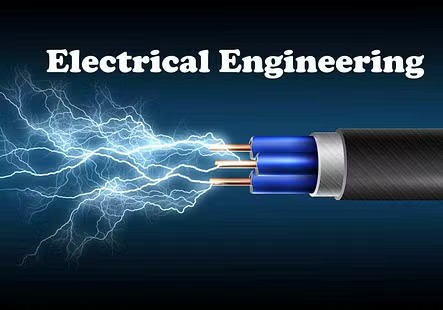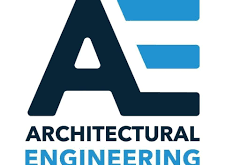Here’s a list of top 10 certifications for Electrical Engineering Professionals:
- Professional Engineer (PE): Offered by various countries, PE certification signifies your competence and ability to practice independently as an electrical engineer. It often requires passing a rigorous exam and meeting specific education and experience criteria.
- Certified Electrical Safety Compliance Professional (CESCP): This certification focuses on electrical safety standards and compliance with codes. It’s crucial for engineers involved in designing, installing, and maintaining electrical systems to ensure safety in industrial and commercial settings.
- Certified Energy Manager (CEM): Particularly relevant in today’s focus on energy efficiency and sustainability, CEM certification equips engineers with skills in energy auditing, management, and conservation techniques.
- Project Management Professional (PMP): While not specific to electrical engineering, PMP certification is highly valuable for engineers managing projects, ensuring they meet deadlines, budgets, and quality standards effectively.
- Certified Automation Professional (CAP): As automation becomes integral to modern electrical engineering, CAP certification validates expertise in the design and implementation of automation systems, enhancing job prospects in industries like manufacturing and process control.

- Certified Power Quality Professional (CPQ): Specializing in electrical systems’ power quality and reliability, CPQ certification ensures engineers can troubleshoot and mitigate issues like voltage fluctuations, harmonics, and surges that affect equipment performance.
- LEED Accredited Professional (LEED AP): Essential for engineers involved in sustainable building design, LEED AP certification demonstrates expertise in green building principles, energy efficiency, and environmental sustainability.
- Certified Industrial Hygienist (CIH): While broader than electrical engineering alone, CIH certification is crucial for engineers working in industrial environments to manage health and safety risks related to electrical systems and equipment.
- Certified Reliability Engineer (CRE): CRE certification focuses on enhancing reliability in design, maintenance, and operation of electrical systems, crucial in industries requiring high uptime and minimal downtime.
- Certified Electronics Technician (CET): This certification validates skills in electronics assembly, troubleshooting, and repair, complementing the theoretical knowledge of electrical engineering with practical hands-on abilities.
Each of these certifications not only enhances technical skills but also demonstrates commitment to professional development and expertise in specialized areas within electrical engineering.
 Clear My Certification All Certification Exam Answers
Clear My Certification All Certification Exam Answers
